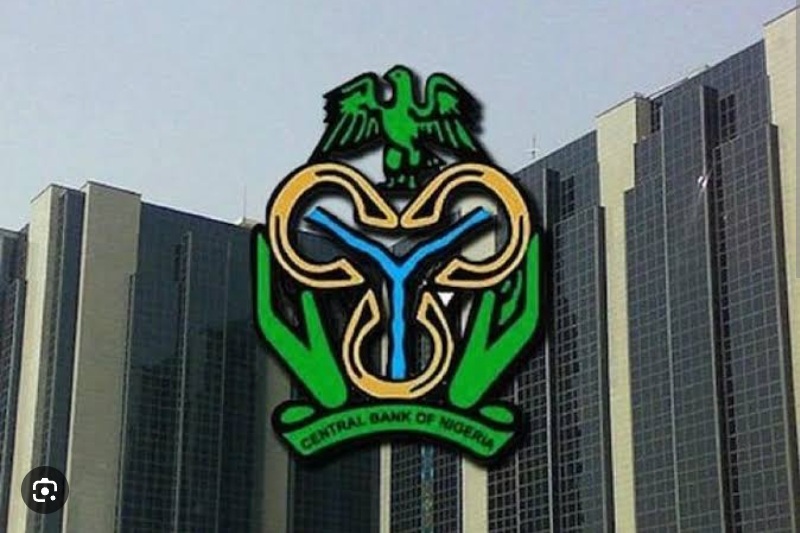
The Central Bank of Nigeria (CBN) has raised the benchmark interest rate for the second time in the last two months.
This was announced during the bank’s Monetary Policy Committee (MPC) meeting between March 25th-26th, 2024.
The interest rate, also known as the Monetary Policy Rate (MPR) was raised by 200 basis points from 22.75% in February to 24.75% in March 2024.
According to the CBN governor, Olayemi Cardoso, “the committee’s decision to adjust the monetary rate was focused on addressing the current inflation rate and the need to sustain exchange rate stability.
“Members of the committee highlighted the continued rise in headline inflation driven largely by food prices because of supply shortages and high cost of logistics and distribution. The committee, therefore, submitted that addressing food insecurity is key to containing current inflationary pressures,” sharpedgenews reported.
In response, the Nigerian stock price All Share Index fell by 0.18% the next trading day after the CBN raised the interest rate. It moved from 104,136 points on Monday to 103,952 points on Tuesday. However, it rebounded the next day to 104,283 points.
In an earlier edition of this newsletter, Dataphyte reported a similar response in the stock market when the interest rate was first adjusted in February from 18.75% to 22.75%.
Then we reported, “At the close of trading on Tuesday, the Nigerian Exchange Limited (NGX) All-Share Index (ASI) fell from 101,995.21 points the day before to 100,582.89 points. Also, Market Capitalization fell from N55.810 trillion to N55.037 trillion.”
The stock market often reacts to changes in the interest rate because it directly impacts the cost of borrowing money, leading to higher interest rates on loans and credit. This may affect business access to loans, corporate earnings and, consequently, stock prices.
Commenting on the decision of the CBN, the Nigerian Association of Chambers of Commerce, Industry, Mines and Agriculture, and the Nigerian Association of Small-Scale Industrialists complained that the increase in interest rate would again narrow the private sector’s access to affordable credit.